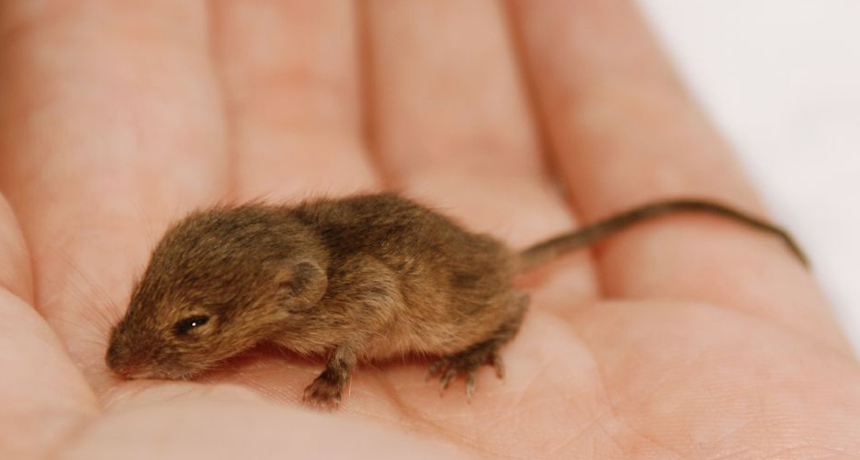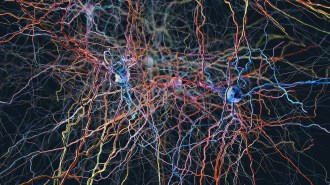Excess activity shrinks blood vessels in baby mouse brains

Baby mice exposed to excess exercise, whisker-touching or sound had smaller, less-developed blood vessels in the brain, changes that could impair the animals' nervous system.
Lisa Roe/FLICKR






